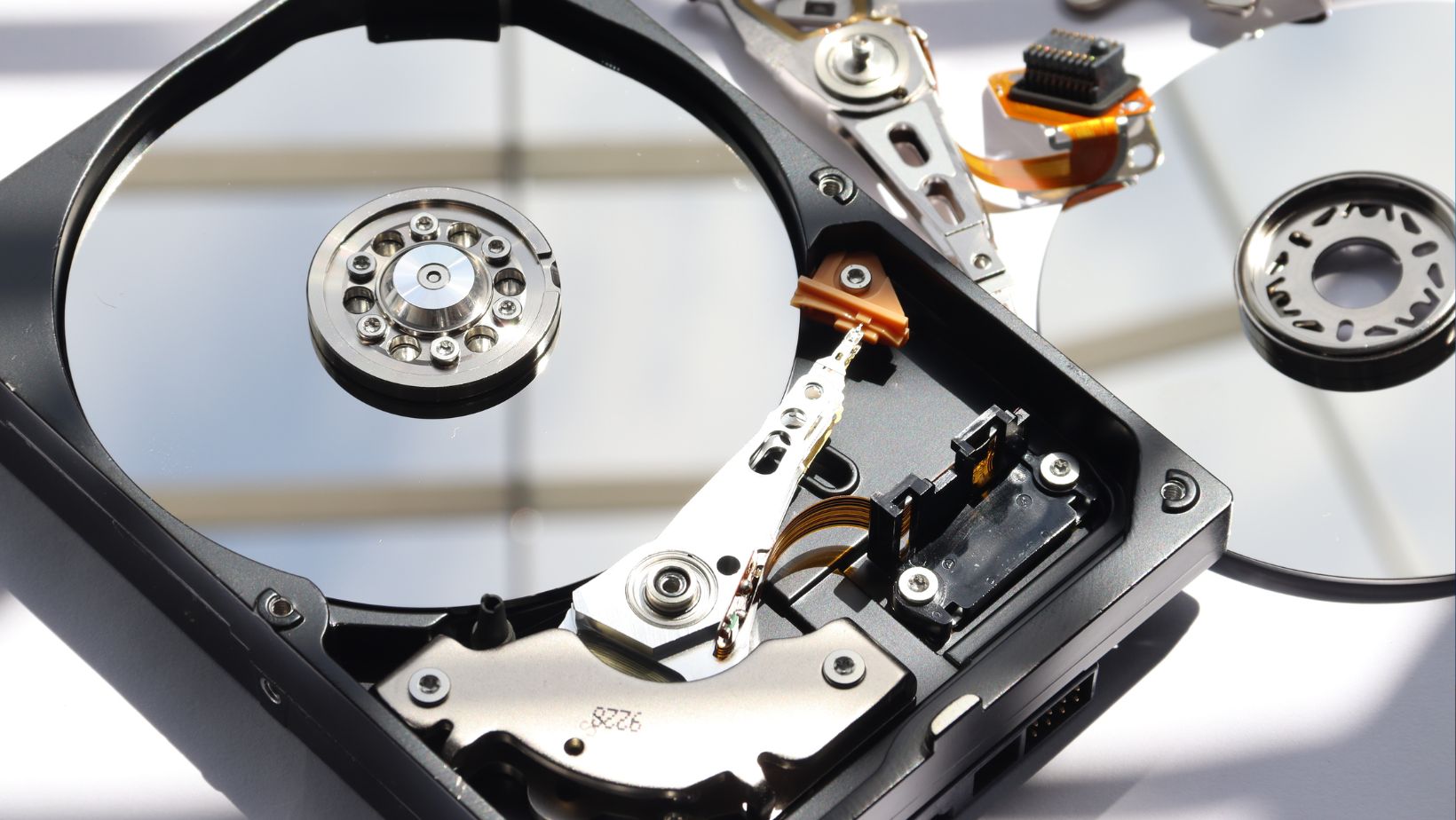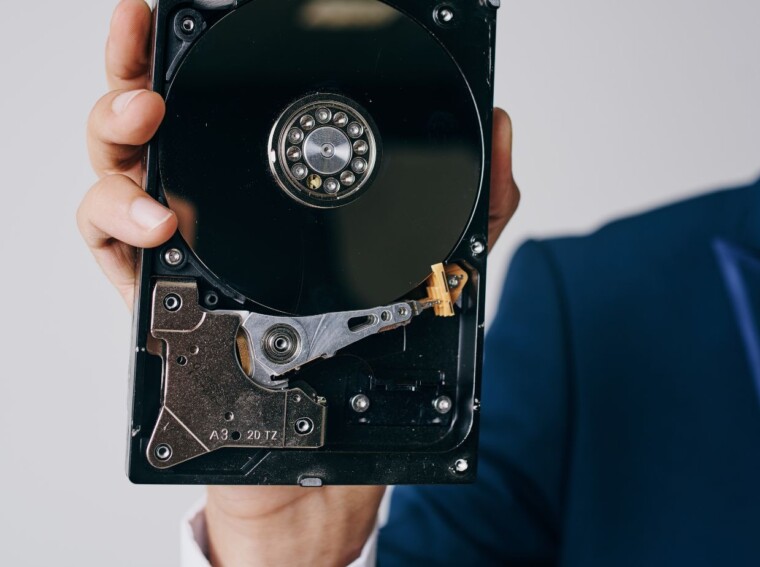Data storage and security are of utmost importance, and efficient and thorough hard disk scrubbing has become paramount. Whether you are an individual looking to safeguard your data or a business seeking maximum protection against potential breaches, this comprehensive guide will equip you with the knowledge needed to achieve mastery in the art of hard disk scrubbing. With insights ranging from industry best practices to cutting-edge software solutions, this article offers invaluable guidance on securely wiping your hard drive while leaving no trace behind. Keep your confidentiality and let our expert advice empower you with precision-level expertise in this crucial aspect of modern data management.
Why Simply Deleting Files Isn’t Enough
Deleting a file only removes its reference from the file system, making it invisible to the operating system but still recoverable with specialised software. This leaves room for data breaches or unauthorised access.
Professionals employ techniques such as disk wiping or shredding to ensure the complete eradication of sensitive information. Disk wiping involves overwriting all sectors of a hard drive with random data patterns multiple times, effectively erasing any trace of previous content. Disk shredding goes even further by physically destroying the hard drive, rendering it unreadable and unrecoverable. These advanced methods provide individuals and businesses peace of mind when disposing of old devices or repurposing them for new use cases.
Choosing The Right Hard Disk Scrubber For Your Needs
Choosing the right hard disk scrubber is essential in maintaining data security and protecting sensitive information. With many options available, finding the one that suits your needs can be overwhelming. By investing in the right hard disk scrubber, you can ensure that all traces of sensitive information are completely removed from your storage devices. With ever-increasing cyber threats and strict privacy regulations, choosing a professional-grade solution suited to your specific requirements for optimal data security is crucial.

When scrubbing hard drives, it is crucial to consider the environmental impact of the process. Hard disk scrubbing involves physically destroying or wiping data from the storage medium, which often includes magnetic materials and other components that can harm the environment if not disposed of properly. Therefore, when engaging in this practice, it is important to follow proper recycling methods.
When scrubbing hard drives, one environmental consideration is to assess whether reusing or recycling the hardware is a viable option. Refurbishing and repurposing old hard drives can help reduce electronic waste and lessen the demand for new resources. However, if they cannot be reused due to technological advancements or other reasons, recycling them responsibly is essential.
Another consideration relates to data destruction strategies’ potential negative impacts on natural resources and human health. For instance, certain techniques involving intense heat or chemical solvents may release harmful substances into the air or water systems during disposal. To mitigate these effects, professionals should opt for environmentally friendly practices such as using non-toxic solutions for cleaning purposes.

In conclusion, environmental considerations are integral to responsible hard drive scrubbing practices. By prioritising reuse over replacement whenever possible and adopting eco-friendly approaches towards data destruction and disposal methods, individuals and businesses alike can strive towards a more sustainable digital landscape while ensuring data security remains intact.
